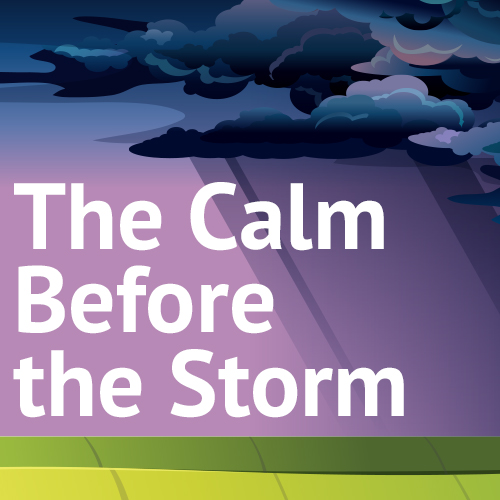
The events of recent weeks have brought to light new economic data about how the COVID-19 pandemic is affecting Americans financially. There has been some good news—many are saving at record levels, and credit card debt declined significantly in March. Not all segments are strong, though. With record unemployment and salary reductions, many people are struggling to save and pay debts. As the future unfolds, and hopefully the pandemic subsides, many Americans will work to rebuild their finances. To help in this effort, it is important to understand the state of Americans’ financial health prior to COVID-19. This context of “the calm before the storm” helps reveal the challenges many people were already facing so that they can be addressed along with new challenges created by the pandemic.
Survey Overview
In early March, just as the pandemic broke out in America, the NFCC and Discover Financial Services worked with the Harris Poll to conduct the 2020 Financial Literacy Survey. The survey asked respondents about their financial habits, goals, and concerns.
Debt and General Financial Concerns
The survey revealed that 62 percent of U.S. adults have carried credit card debt in the last 12 months, and 27 percent reported not paying all their bills on time. This alarmingly high figure of 27 percent is the highest since the 2012 Financial Literacy Survey. Further, 58 percent reported that they struggle to minimize their debt. Importantly, one of the top reasons respondents struggle to repay debt is “unexpected financial emergencies.” 19 percent of respondents reported this reason.
Despite these challenges, many Americans are saving. 70 percent reported having set aside non-retirement savings, and 70 percent reported saving at least some of their household income for retirement. Some of these savers are putting aside a significant amount, with 11 percent of respondents saving more than 20 percent of their income for retirement.
These savings habits take place against the backdrop of a few major concerns. When asked about their top financial concern, 13 percent of American adults reported worrying about retiring without enough money set aside. 12 percent reported concerns that they do not have sufficient emergency savings. The reporting of these concerns may seem pretty grim. After all, COVID-19 is an emergency, so those who were worried about emergency savings are seeing their fears become reality. It may also be more difficult for consumers to save for retirement when their wages or jobs are cut, and when they may need to increase spending on additional budget categories to make it through the pandemic.
However, the news is not all bad. In the 2017 Financial Literacy Survey, 18 percent reported insufficient retirement savings as their top concern, and 16 percent reported insufficient emergency savings. Therefore, some consumers may be much better prepared to weather this financial storm than they were just three years ago.
Home Ownership
Questions about home ownership make up a particularly interesting category of the survey. Considering the housing market at the time of the survey, 57 percent of respondents reported that they thought buying a home was more affordable than renting, 25 percent thought renting was more affordable, and 18 percent of respondents were unsure. However, many barriers can keep people from buying homes even when they hope to do so. 56 percent of respondents who have tried to buy a home faced barriers. The top barriers reported were rising home prices (19 percent), existing debt (13 percent), and the lack of funding for upfront costs (13 percent).
It is unclear at this point what affect COVID-19 will have on the housing market, particularly in terms of prices. Even experts disagree, with some predicting a drop in sales prices and others expecting stabilization or even an increase in some markets, based on low supply. This will be an important area to watch in the future.
Seeking Help
Many survey respondents feel confident in their knowledge of personal finance, with 57 percent giving themselves a grade of A or B. However, respondents acknowledge they could still benefit from more financial information. More than three-fourths (78 percent) of respondents agreed that they could benefit from financial advice and answers to everyday financial questions. On top of that, 81 percent reported that they would reach out for help if they were having issues with their debt. Many would turn to friends and family first, before potentially turning to a professional.
Recap
The 2020 Financial Literacy Survey provides a rare glimpse into Americans’ personal finances just before the COVID-19 pandemic spread throughout the country. It revealed important weaknesses—specifically concerns about financial emergencies—that are relevant in the wake of the pandemic. It also magnified important questions about managing debt loads, retirement savings, and housing affordability that will be critically important in a post-COVID world. If you would like to learn more, you may review the key findings or download the full survey data.

